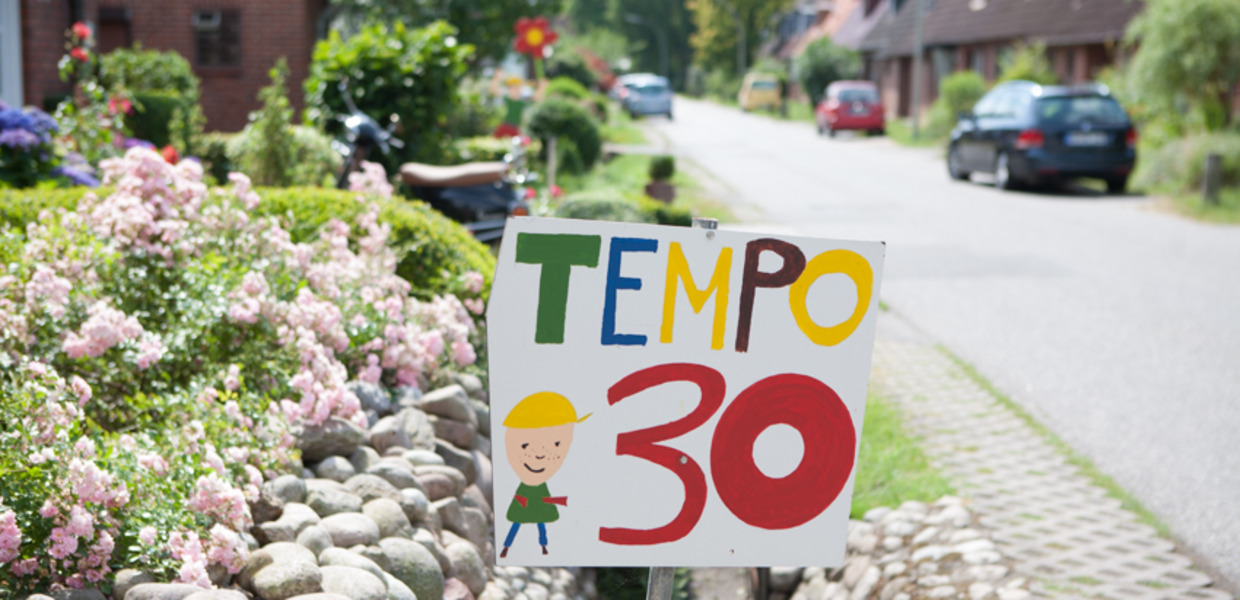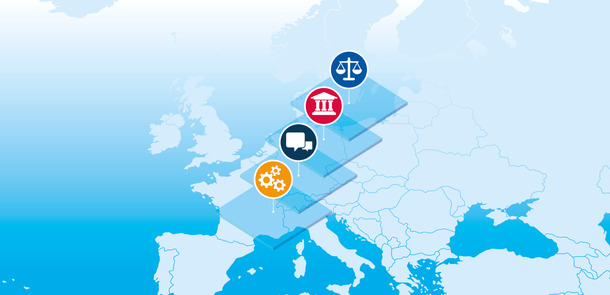The living environment families experience most directly is the one shaped at the local level. Family policy requires an interdisciplinary approach and must be considered during all decision-making processes if communities and society as a whole are to have a viable future. Families make valuable contributions that benefit everyone.
Families are diverse
Families and family life have changed considerably in recent decades. In addition to the traditional arrangement of a father, mother and their children, families today can consist of non-married couples with children, in which one or both parents have children from a prior relationship, and single-parent households. That makes today’s families vibrant examples of social diversity.
They are developing new models and lifestyles that sometimes do not reflect traditionally held notions of what a family is. These developments are necessarily leading to changed perceptions of family life. This includes acceptance of the fact that people are now often older when they marry, that many marriages end in divorce, that birth rates are declining and that achieving work-family balance is frequently a challenge.
Families today need opportunities to come together for an intergenerational exchange of ideas and experiences. If communities want to be children- and family-oriented, they must make supporting families a key part of what they do.
Families in the community: contributions, challenges, future
Societies are changing because of demographic shifts, which means communities are facing multiple, highly varied challenges. Germany’s cities and towns must set priorities if they are to remain capable of taking effective action. Families contribute significantly to the community and play a key role in shaping public life. In light of their potential, they must be given wide-ranging support – through targeted, local-level policies that reflect today’s diverse lifestyles and the various forms families can take.
Many communities are already successfully implementing the essential changes, including increasing the number of all-day schools (not yet the norm in Germany), ensuring better childcare for children under the age of three and providing needs-based counsel and support. These activities are designed to serve all types of families and address a range of issues.
We want to provide answers to the questions communities face, such as: Which challenges are currently present within the community? What can communities do to assist families? Which structures must be put in place in order to provide families with comprehensive support? Local-level policies that truly support families must do much more than simply create new residential areas or increase the number of childcare slots.
A key element here is the inclusion of socially disadvantaged families, families with an immigrant background and single-parent households. These groups require assistance that is easy to access and, above all, they must be considered during all of the local-level decision-making processes that impact families.
If their family policy is to address future needs effectively, communities need evidence-based information about which changes are taking place due to demographic shifts. It also helps to have an overall strategy that coordinates and pools individual measures. Naturally, communities must act within the framework of federal and state regulations. In many cases, this framework mandates how a statutory service must be provided.
Community Roadmap as decision-making tool
The Bertelsmann Stiftung’s Wegweiser Kommune (Community Roadmap) can help communities develop appropriate family policies. It offers population forecasts broken down into 10 community-relevant age groups for all German cities and towns with 5,000 inhabitants or more, along with information on population inflows and outflows and numerous socioeconomic indicators. It also includes examples of best practice and suggestions on how to implement effective family policies.
For more information, please visit:




